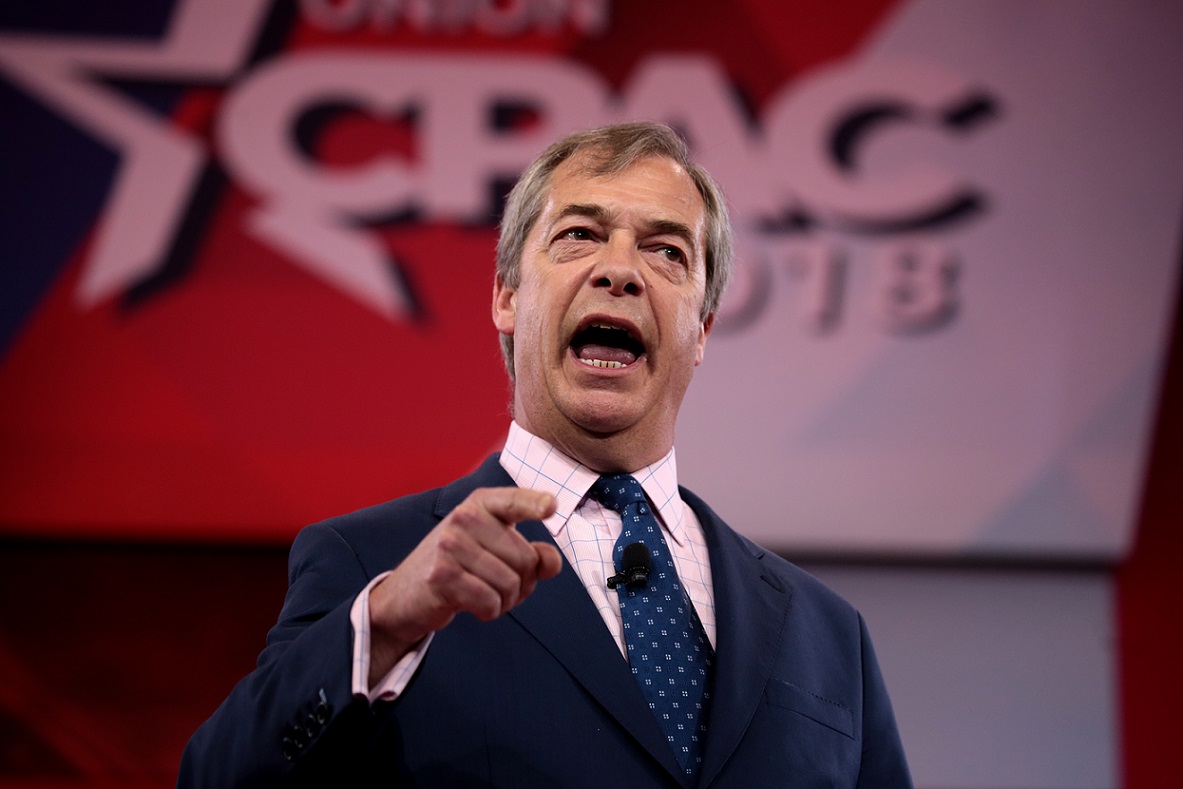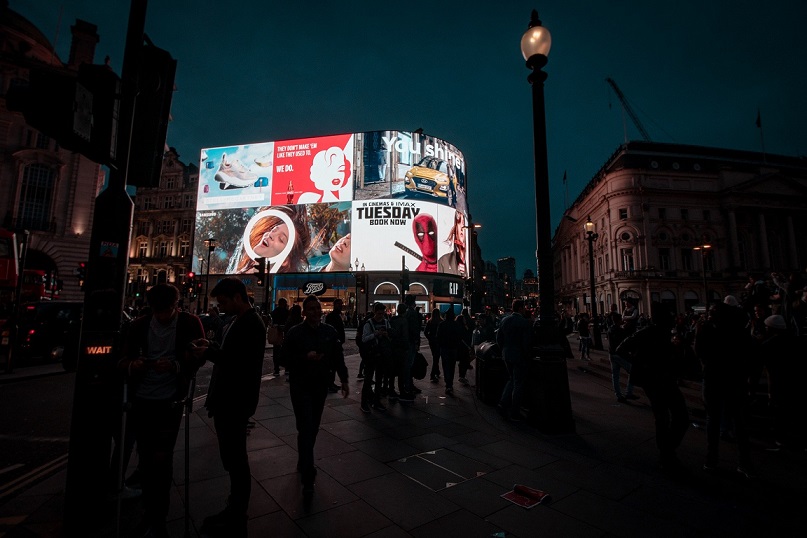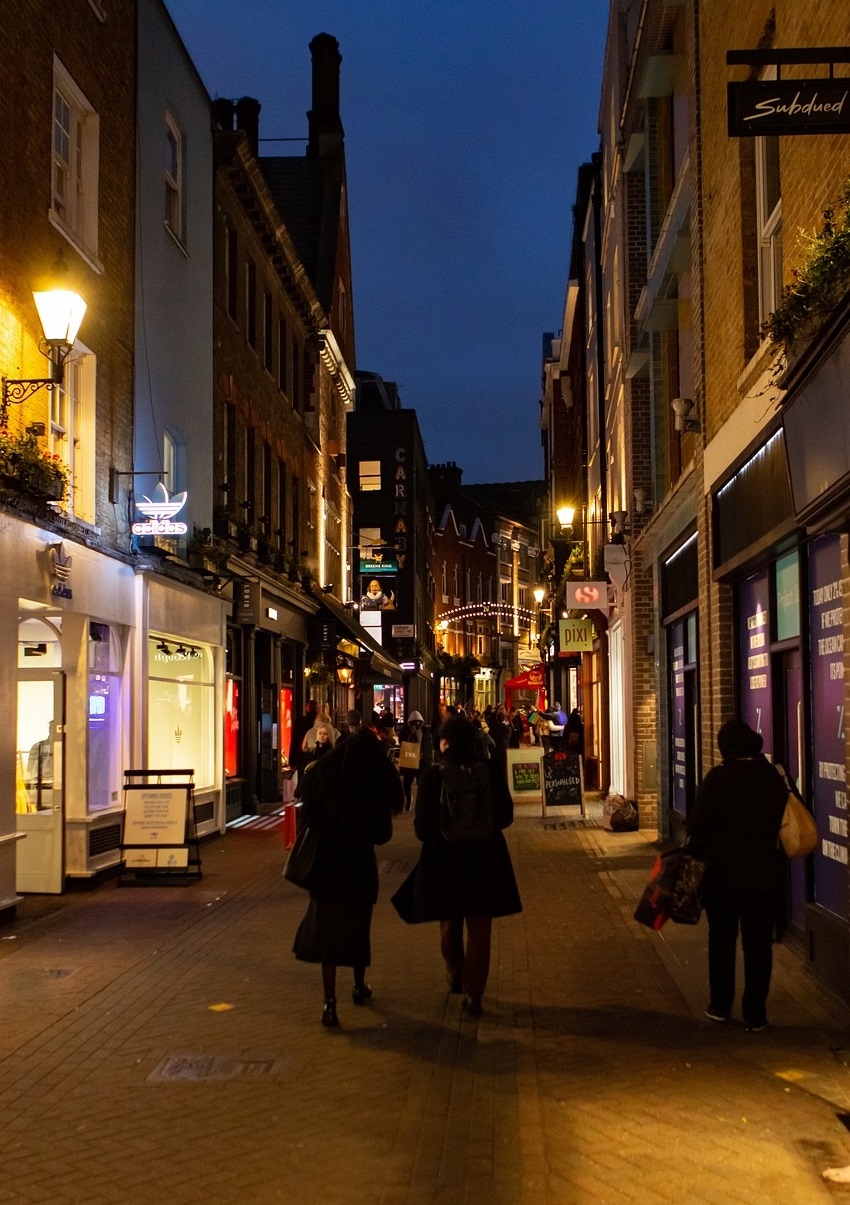Far-right riots are shining a light on the unequal application of anti-protest laws passed by the Conservatives, and pressed on by Labour. After counter protesters came out in defiance, it’s unnerving to know even our more peaceful civil protests are under threat from ominous legislation.
Harry Allen
In the wake of far-right violence across the country, it was only to be expected that an opposition would spring into action.
Outside the Reform headquarters in Victoria, London – thousands gathered last Saturday to express solidarity with those minorities affected by the rioting.
Stand Up To Racism, one of the organisers, said 5000 were in attendance and there was a genuine feeling of solidarity shared by all those attending. Other anti-racism marches took place across the country, with more notable events taking place in Walthamstow, where far-right agitators were expected to mobilise, but did not.
Protesting and marching are a vital part of civil participation. They bring people together, create safe spaces for those feeling marginalised, and act as a signpost for those in power to take notice.
The authorities did notice and acted swiftly against the very real threat of anti-immigration violence engulfing Britain.
Swift trials and convictions for rioters as young as 12-years-old are being passed, with over 900 sentences at the time of writing this article.

A ‘name and shame’ exercise is occurring under the auspices of the Crown and Courts Act 2013, allowing courts to televise sentencing. Liverpool Crown Court broadcast the names of those convicted of violent disorder in recent rioting. The Ministry of Justice, who gave the green light to the broadcasting, are creating a deterrent for those planning to commit further offences by airing their punishments.
A man from Liverpool, Declan Geiran, pleaded guilty to violent disorder and arson to a police vehicle. He has been jailed for 30 months. Light sentences when you look at what has been happening elsewhere. Just Stop Oil protestors are getting 5-years for conspiracy to cause public nuisance and disorder. When conspiracy, the act of planning a protest, is deemed more severe than torching a police van, we must start asking ourselves questions of the Public Order Act 2023.
Passed by the Conservatives under former Home Secretary, Suella Braverman, and given an acknowledgement by Kier Starmer back in May 2023, we’re staring down the barrel of more injustice.
Not the kind of social injustice that is currently scapegoating immigrants and ethnic minorities, but legally, alarm bells should be ringing.
The Public Order Act is nothing to be proud of in an assumed democratic country.
It criminalizes specific protest tactics such as “locking on” and blocking key infrastructure, like roads or rail, with the intent to cause serious disruption.
 Another tool under the act called Serious Disruption Prevention Orders (SDPOs) can impose restrictions on individuals deemed to be repeatedly disruptive.
Another tool under the act called Serious Disruption Prevention Orders (SDPOs) can impose restrictions on individuals deemed to be repeatedly disruptive.
We see the long arm of the state reprimanding those unable to comply with the status quo, jailing citizens, invariably working class. Be it a white working-class rioter, a pro-Palestinian protestor holding up a sign, and climate activists for joining a zoom call.
There is a clear tilt towards left-wing activists being given harsher sentences, but successive governments becoming addicted to the idea of locking up those they don’t agree with, is a very dangerous precedent no matter the political affiliation.
It is extraordinary that the state ignores the impact of those whipping up the most discontent.
If only Nigel Farage were held accountable for his comments on the Southport attackers identity.
If only Tommy Robinson was held to the same standards as those that took to the streets following his similar Farage-style comments.
 Even former Home Secretary, Suella Braverman, for her constant dehumanisation of migrants, calling them an “invasion” is not treated with the same seriousness. She oversaw the act, rushing it through parliament using secondary legislation changes, which means amendments get little-to-no scrutiny.
Even former Home Secretary, Suella Braverman, for her constant dehumanisation of migrants, calling them an “invasion” is not treated with the same seriousness. She oversaw the act, rushing it through parliament using secondary legislation changes, which means amendments get little-to-no scrutiny.
The very people Braverman purports to champion are now seeing themselves behind bars under laws she put in place. It is not to say xenophobic and racist rioters don’t deserve punishment, but the application of the law is proving unclear, and will lead to further resentment between political left and right, and a growing mistrust in the new labour government to deal with national issues fairly.
It is clear we’re ripening the country for further discontent by emboldening those spreading misinformation online too. A recent channel 4 documentary delved into the lack of response from X and other social media companies in tackling false news stories, even when debunked.
The government has simply chosen to pick a fight with Elon Musk, rather than address online misinformation that allows public figures, or public grifters, to stoke resentment and conspiracy. For Starmer to back the Public Order Act feels a symptom of a government unable to deal with foreign policy issues, social media and the underlying economic crisis that sparks civil disobedience.
None of these are issues out of Britain’s remit, we can tackle these, but there is a fear that our new Labour government will put a lid on problems rather than fix them at the root.
(Photos: Pixabay)











.jpg)












